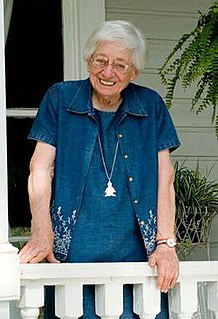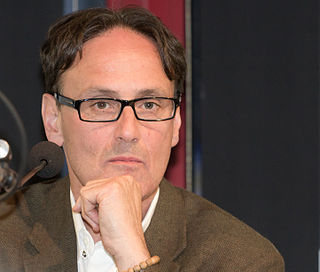A Quote by Daniel Mendelsohn
I love things that are brave enough to be nakedly about what our lives are actually built of, when you're wild about someone, or you love something, or you're a fool, or you embarrass yourself. And I don't think the answer is cynicism. Cynicism is not the cure for sentimentality. Cynicism is its own form of sentimentality. For example, I tried to watch Breaking Bad. After three episodes, I thought, I don't like this guy. I don't care about him. But you can see why people tell themselves that they think this is real. But real doesn't mean bad.
Quote Topics
About
Actually
After
Answer
Bad
Brave
Breaking
Breaking Bad
Built
Care
Cure
Cynicism
Don't Care
Embarrass
Enough
Episodes
Example
Fool
For Example
Form
Guy
Him
I Don't Care
Like
Lives
Love
Mean
Our
Our Lives
Own
People
Real
See
Sentimentality
Someone
Something
Tell
Themselves
Things
Think
This Guy
Thought
Three
Tried
Watch
Why
Wild
Yourself
Related Quotes
I think we need to be put back in touch with our childhood...to be reminded of what's important, like memories about people we loved, or things that happened to us that affected our lives, things we can laugh about and shed a few tears about... I think storytelling is a way of saying 'I love you. I love you enough to tell you something that means a great deal to me.'
Life is not bad, and it doesn't look more real if it's ugly or it's gritty. Think of your own life. Most of what's in your own life, hopefully, is exactly that. Friendship and love and passion for movies and cartoons and comic books, whatever it is that you love. Most of the way we live our lives involves looking for pleasure and beauty and happiness and affection. Real artists don't use reflexive clichés about things. It's about honoring the reality of people's lives, which defies conventions and clichés and expectations. People are interesting, period.
What I love about 'Breaking Bad' is the reflection of many people's - it's more real in terms of people have faults, people have character traits that they don't like about themselves. It resembles more of what the human journey really is and it's less fantastic and hero-driven than other characters and shows that we watch.
If cynicism and love lie at opposite ends of a spectrum, do we not sometimes fall in love in order to escape the debilitating cynicism to which we are prone? Is there not in every coup de foudre a certain willful exaggeration of the qualities of the beloved, an exaggeration which distracts us from our habitual pessimism and focuses our energies on someone in whom we can believe in a way we have never believed in ourselves?
What's hard to do is describe why you like something. Because ultimately, the reason things move people is very amorphous. You can be cerebral about things you hate, but most of the things you like tend to be very emotive. It's really hard to do a literary reproduction of what makes you happy. That's what I try to do. If nothing else, it seems like there's enough people out there telling the world what isn't cool, or what's terrible, or what's depressing. I think there's an element of cynicism in my writing, but I'm an optimistic cynic.

































